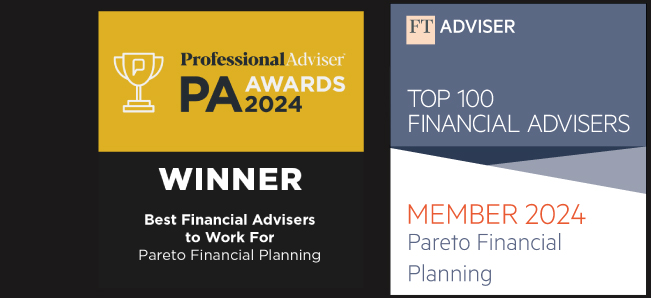If it sounds too good to be true, it probably is
Fraudsters are getting more sophisticated, particularly with investment scams. They can be articulate and financially knowledgeable, with credible websites, testimonials and materials that are hard to distinguish from the real thing. However, if it sounds too good to be true, it probably is.
From simple cons to elaborate schemes, attempts to prise away your hard-earned money are nothing new. Yet there are arguably more windows of opportunity for scammers today than ever, especially with the backdrop of coronavirus (COVID-19) and using this to play on the concerns of investors about their money, market performance and what they should do.
Out of the blue
If you’re contacted out of the blue about an investment opportunity, chances are it’s a high-risk investment or a scam. Scammers usually cold-call, but contact can also come by email, post, word of mouth or at a seminar or exhibition. Scams are often advertised online too.
If you get cold-called, the safest thing to do is to hang up. If you get unexpected offers by email or text, it’s best simply to ignore them. You can register with the Telephone Preference Service and Mailing Preference Service to reduce the number of letters and cold calls you receive.
How to spot the other warning signs
Callers may pretend they aren’t cold-calling you by referring to a brochure or an email they sent you – that’s why it’s important you know how to spot the other warning signs.
Unexpected contact – traditionally, scammers cold-call, but contact can also come from online sources, for example, email or social media, post, word of mouth, or even in person at a seminar or exhibition.
Time pressure – they might offer you a bonus or discount if you invest before a set date or say the opportunity is only available for a short period.
Social proof – they may share fake reviews and claim other clients have invested or want in on the deal.
Unrealistic returns – fraudsters often promise tempting returns that sound too good to be true, such as much better interest rates than elsewhere.
False authority – using convincing literature and websites, claiming to be regulated, speaking with authority on investment products.
Flattery – building a friendship with you to lull you into a false sense of security. When faced with an investment opportunity, especially one that has come out of the blue or is advertised, always ask yourself: ‘Could this be a scam?’ Always take the time to check who you are dealing with.
